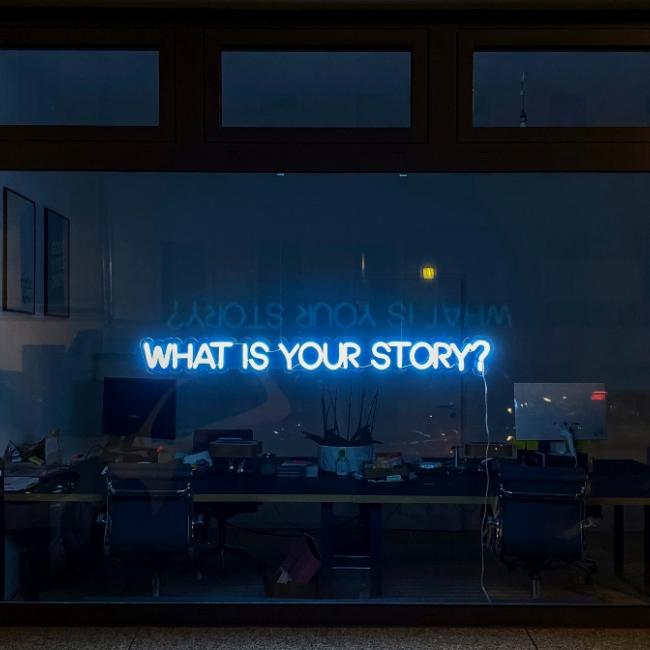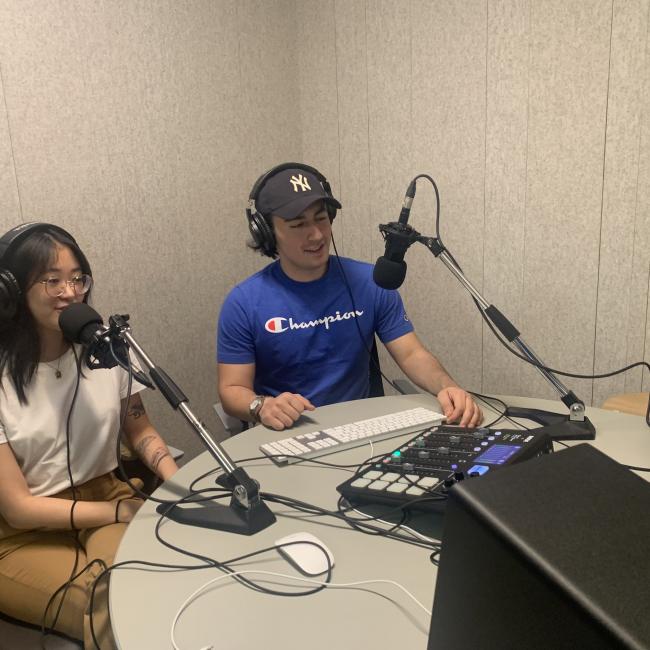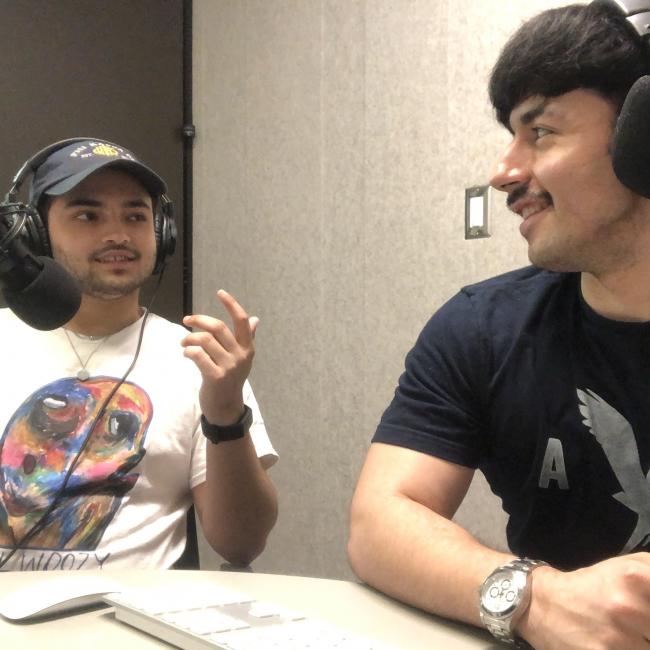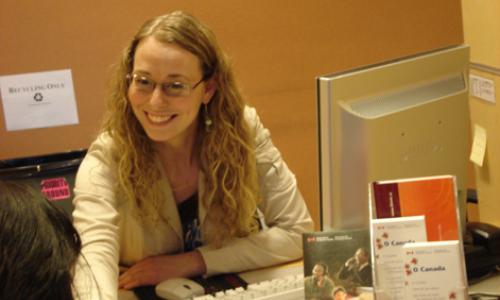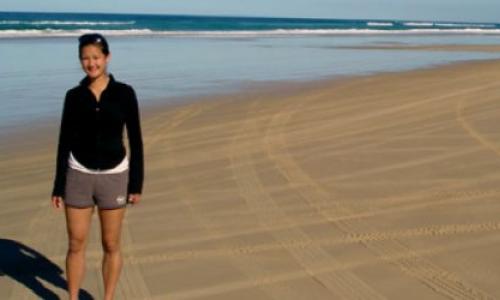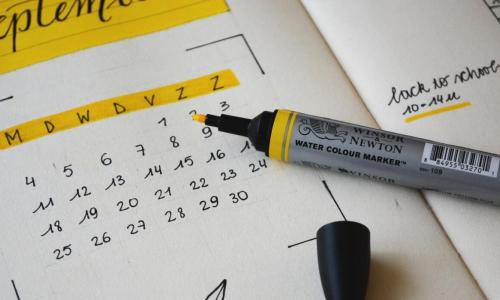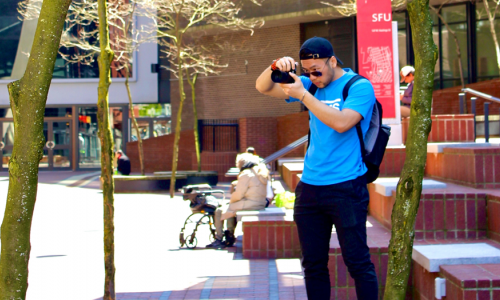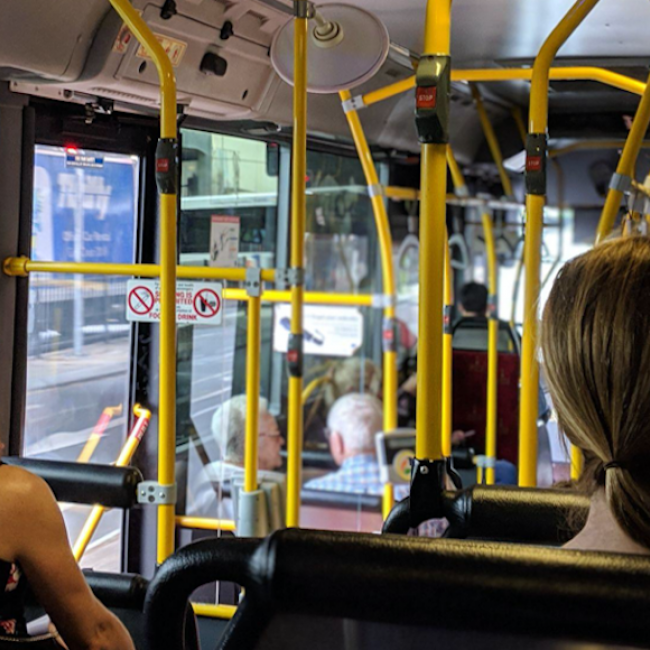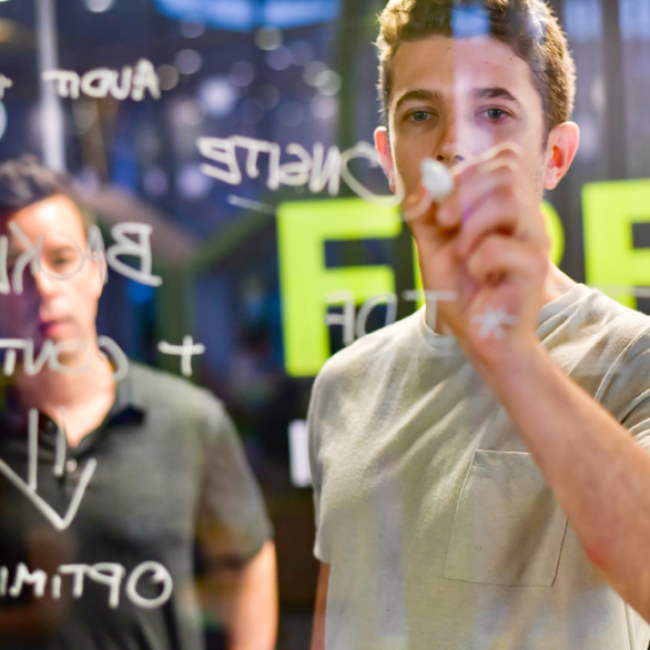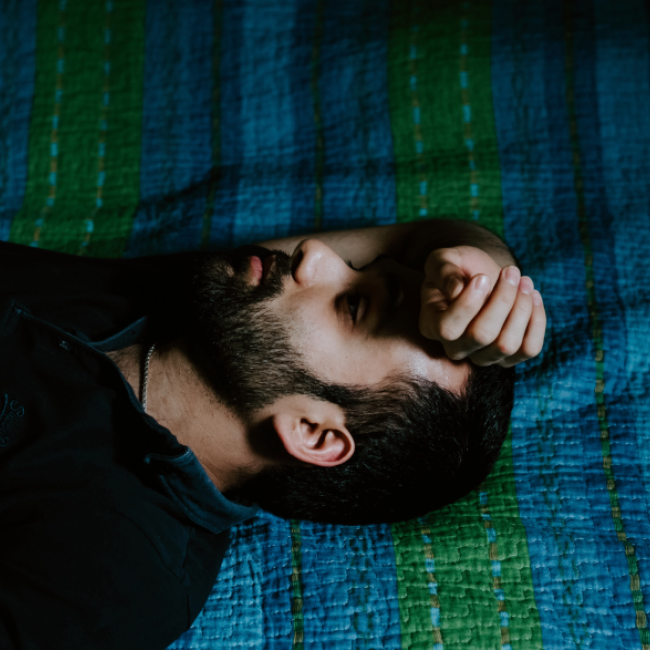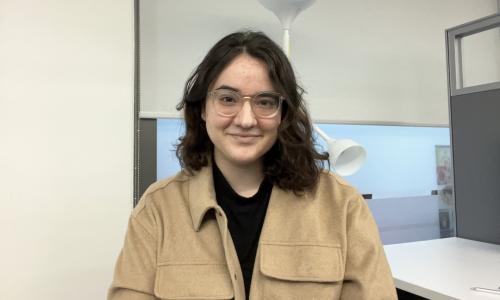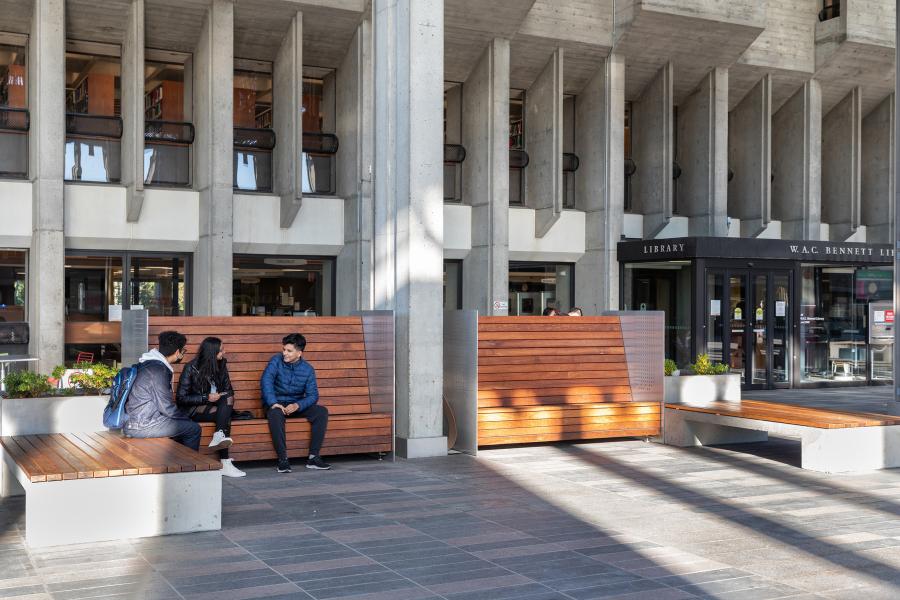
Do you ever feel like when you’re on campus, nothing is going on? Inversely, do you find that on your days off, all your friends somehow manage to be on campus? Most students may quickly find that frustrating, and there doesn’t seem to be a quick way to fix it. Luckily, I believe that I can provide a happy medium that won’t sabotage either your social life or your studies. What is this solution, you may ask? It’s simple: study at the library.
SFU is a commuter campus, and many students come and go at various times during the day. This leads to a scarcity of opportunities for people to cross paths, and even less so if it’s your friend in another faculty altogether. Needless to say, if you want to participate in the student or social life at SFU, you simply have to be on campus more. Now, you could walk around, go to the gym, or just kick back and not do anything, but there’s other options that can help you not only kill time, but get ahead in your studies. Studying is one of the ways you can manage this in the form of improving your academic production.
The benefits of studying at the library have been talked about, but I’ll summarize some points in its favour.
- Studying at the library allows you to focus. Whether you like some background noise, working in a group, or in complete silence, the different floors of the library allow you to tailor your experience to get the most production out of your study time.
- Studying at the library allows you to stay on task. With less distractions than you would normally have at home or in your dorm, you are able to reliably be more responsible about your studies.
- Studying at the library also allows you access to a wide range of extra information should you so need it. The books, computers, and new Media Lab are there to assist your work in whatever way possible.
Students often complain that they do not have enough time to study or complete their projects due to various outside factors. If one holds themselves accountable, then studying at the library could be the perfect space to be the most productive and eliminate those factors. Without a TV, the call to Netflix when getting a snack isn’t as large. Nor is the call for just one game of FIFA after passing by your game console. The time within the library is solely spent for studying, and there are none of the distractions you get at home.
But let’s say you’re a diligent student and you study just fine at home, what are the benefits of doing so at the library then? Well, it’s a wraparound back to the other aspect of this piece: the social life. Studying at the library allows you to be on campus for as long as necessary, and being on campus for so long presents one with opportunities that you could have missed were you to leave early. You could go to SFSS events, sports games, or meet up with friends who may have classes a number of hours after yours have finished. Once you’re at SFU for longer, you’re able to take advantage of everything the university has to offer along with actively becoming part of its community. You and your friends can get food, grab a drink, work out together, or explore areas of campus or UniverCity that you never have before. The multitude of options for eating also makes it so you have an array of food that you can choose depending on what you’re feeling that day, and that’s before mentioning the dining hall itself. While staying at the library to study, I was able to meet up with friends who I wouldn’t have been able to see due to their classes schedules being too sporadic.
Needless to say SFU isn’t as barren as some people think, and many students just need to spend more time on campus to see its merits. Studying at the library is one of the best ways to do this, as it opens up SFU’s possibilities as a spot for people to not only progress academically, but to also share in the social university experience.










